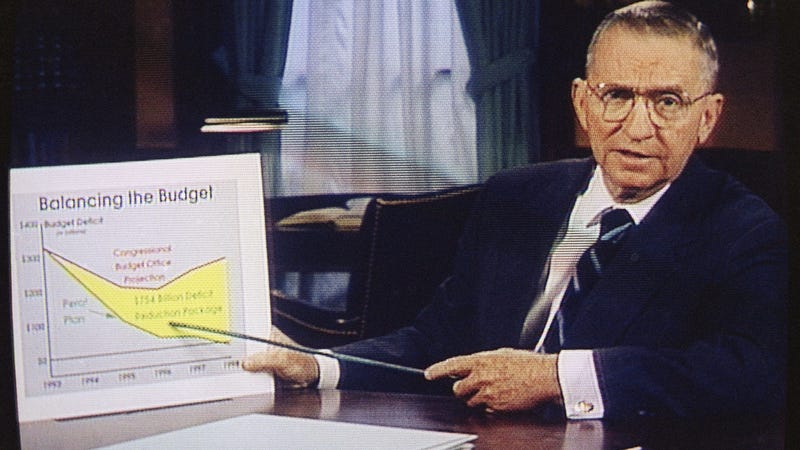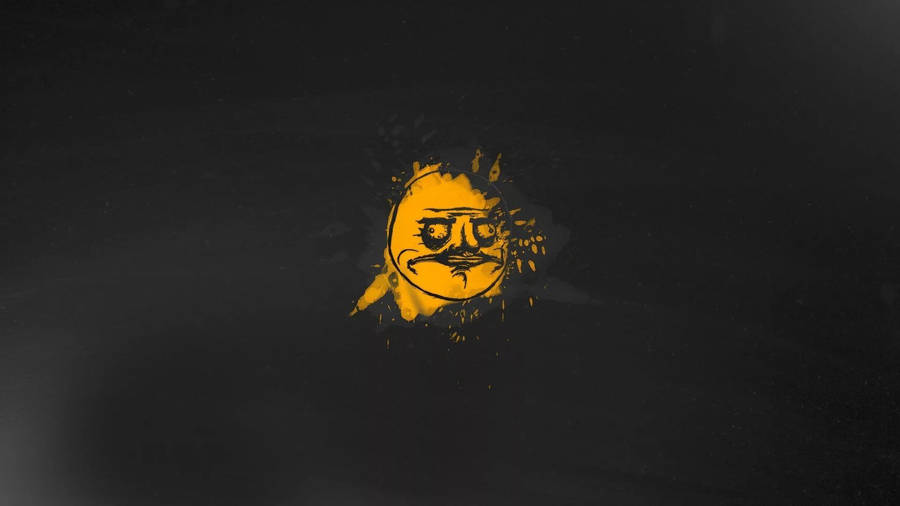"Here comes the beauty part."
...
But in some ways, Americans' dislike of the presidential candidates isn't so remarkable. In fact, a recent report from the Pew Research Center shows that 1992 voters were just as disappointed in their candidate choices, perhaps even more so, than they are today. That helped open the door to the most successful third-party candidate (by popular vote) in more than 100 years, Ross Perot.
...
1992 voters' specific grievances with the candidates were different from those in 2016, but a couple of other statistics make 1992 look a lot like 2016. Both major-party candidates had upside-down favorability ratings: by one poll, Bush, at the end of June, had a net favorability of -15, and Clinton was at -24.
But in some ways, Americans' dislike of the presidential candidates isn't so remarkable. In fact, a recent report from the Pew Research Center shows that 1992 voters were just as disappointed in their candidate choices, perhaps even more so, than they are today. That helped open the door to the most successful third-party candidate (by popular vote) in more than 100 years, Ross Perot.
...
1992 voters' specific grievances with the candidates were different from those in 2016, but a couple of other statistics make 1992 look a lot like 2016. Both major-party candidates had upside-down favorability ratings: by one poll, Bush, at the end of June, had a net favorability of -15, and Clinton was at -24.
(National Public Radio, today)










